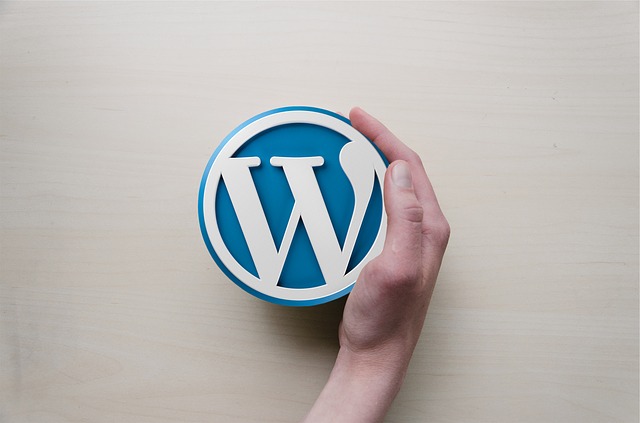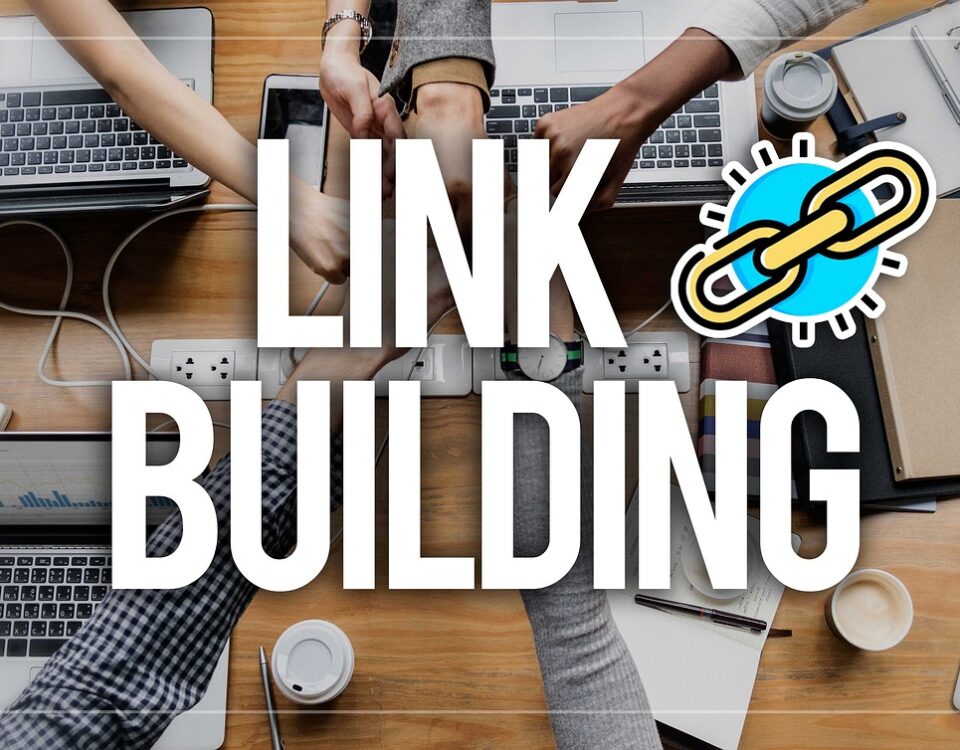
Tips On Choosing A WordPress Website Theme
November 30, 2017
How To Make Your WordPress Website GDPR-Ready
December 29, 2017Early this year, Google said that in 2016 the number of hacked sites increased by 32% compared to that of 2015. Also, each week, the search engine giant blacklists around 50,000 sites for phishing and 20,000 sites for malware. Experts predict these figures to rise in the coming years, especially with hackers becoming more sophisticated. Hence, make sure you observe the best security practices to prevent your WordPress website from being compromised.
Why Your Website’s Security Should Be A Priority
Poor website security has serious repercussions. On top of installing malwares and viruses on the devices of your users, hackers can get a hold of their personal information including their credit card details. You can also lose access to your site and data. Moreover, major browsers can blacklist your site thereby decreasing its traffic or worst, rendering it inaccessible.
Simply put, having a hacked website can significantly hurt your business revenue. You can end up paying hefty fines as well as compensating your users whose data have been compromised. Recovering a hacked website can be costly and difficult, too. Most importantly, your business can suffer from irreparable reputational damage which can result in a decline in brand loyalty.
Whether you are a small or a big business, enhancing the security of your WordPress site should be a priority. This is the best way to minimise your company’s risk of getting hacked and losing tons of money.
How To Keep Your WordPress Website Secure
Update WordPress regularly: Developers deploy updates to fix bugs and provide security patches. This is necessary to prevent hackers from exploiting these weaknesses in the software. Therefore, if you fail to update your WordPress core and other products like themes and plugins, your website becomes more vulnerable to attacks.
For WordPress, updates are frequently deployed. While minor updates are automatically installed, major releases need to be manually initiated. Notifications about available updates are displayed on the dashboard of your WordPress account. You may also get notifications via email. If you don’t regularly log in to your WordPress account, setting up an email notification alert for updates is highly recommended.
Have strong passwords: The easiest way for hackers to gain access to your site is to steal your password. You can prevent this from happening by setting strong password for your WordPress admin area. Avoid using personal information like birthdays as well as common words or patterns like ‘password’ and ‘1234’. Use a combination of letters, numbers and symbols.
You can use a password generator to create a strong password. Meanwhile, if you have trouble remembering passwords, especially if you are managing multiple accounts, use a password manager.
Install security plugins: A security plugin adds an extra layer of protection to your website. Aside from blocking brute force attacks, it can help you monitor what’s happening to your website. Some have features which makes it possible for you to get immediate notifications in case of an attack. There are also those with an auditing system, providing you with information such as who accessed your website, what changes have been made, etc.
Have a backup of your website: You can’t be a 100% certain that your website isn’t going to be attacked. For this reason, aside from minimising its chances of getting hacked, you must also prepare in case your site gets compromised. One thing you can do is to have a full-site backup of your site and store it off-site like a cloud service. Having a backup can make it easier for you to restore your website prior to it getting hacked.
How frequent should you create a backup? You can do it once a day. Another option is to have real-time backups. Fortunately, there are plugins available which can make this task easier to accomplish.
Keeping your site secure can be overwhelming, especially if you are a new website owner. It can also be tedious since certain tasks need to be done regularly. Yet, this is something you cannot neglect unless you want your business to lose money.
If you don’t have the knowledge and the time to secure your website, don’t hesitate to ask for help. Nowadays, there are companies offering technical WordPress website maintenance services. With experts doing this job, you can rest assured that your website is protected from hackers.
Want to learn more about how to protect your WordPress website from hackers? Call us at 019609023 today!




